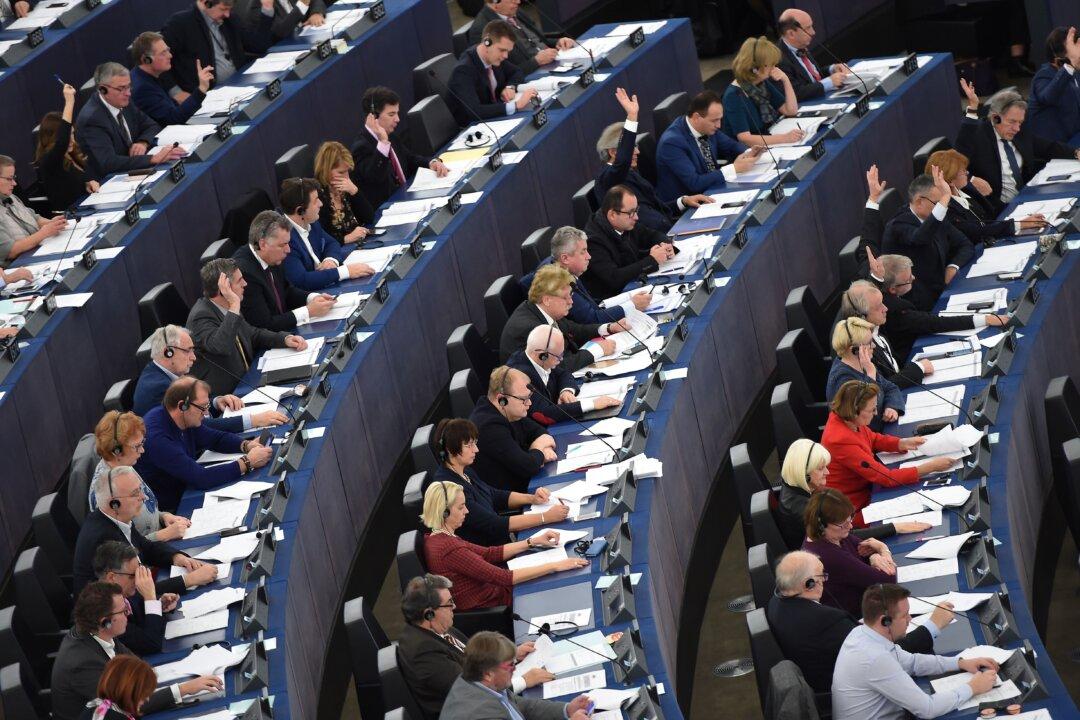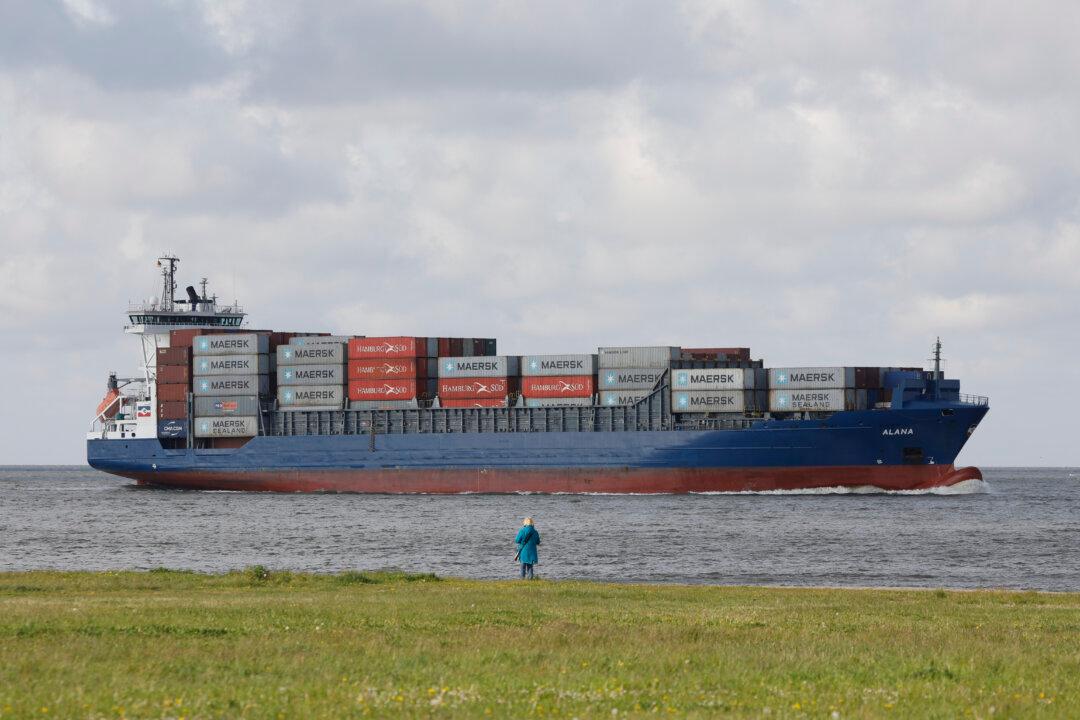BRUSSELS—European parliamentarians have voted through tough new defensive measures targeting China’s state-owned technology companies and airlines as part of a continent-wide shift in attitudes toward Beijing.
Lawmakers sitting in Strasbourg, France, approved the two packages after the European Union’s executive arm branded China a “systemic rival” for the first time in a sign of significantly cooling relations.




